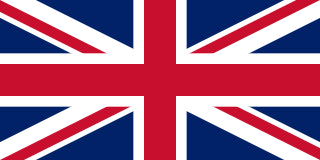There are seven types of plastic, with some being more recyclable than others. Some people see the symbol featuring a triangle of arrows and assume that means the item is safe to chuck in the recycling bin, but unfortunately that is not the case — it is the number inside the triangle that matters.
Your local council or your waste management company will have provided you with a list of which plastic numbers they can recycle, so always check items against that to make sure before placing them in your wheelie bin.
There are some plastic items that people often get confused about when it comes to recycling, including plastic bags, oral care products, pizza boxes, coffee cups, and dirty nappies. We are looking into each of those in more detail below.
Plastic bags
Double-check with your local council or waste management company, but overall, single-use plastic bags cannot be recycled and to place them in your recycling bin is to cause significant problems for the recycling centre.
In fact, machines are frequently having to be shut down due to plastic bags getting jammed in the equipment.
So, don’t try to recycle plastic bags, don’t place recycling in your bin inside a bag, and don’t ‘line’ the wheelie bin with a plastic bag either!
Pizza boxes
Most local councils and waste management companies can recycle pizza boxes, as long as they’re not soaked in grease from the pizza.
A few crumbs and a little bit of oil are fine, but once the box is saturated, the fibres of the cardboard can’t be separated from the oil and the resulting product is far less marketable.
Either way, make sure you recycle the lid of the box, which is usually oil-free.
Oral care products

Regular toothbrushes and toothpaste tubes are troublesome to recycle as both are made of a mixture of materials — toothbrushes from two plastic types, and toothpaste tubes from plastic and (often) a thin layer of aluminium or similar. This poses a problem, as materials need to be separated for recycling.
Colgate and TerraCycle recently teamed up to help solve this issue, so you can now send your dental care packaging to them for processing.
Alternatively, you can look into greener options, such as compostable bamboo toothbrushes, and toothpaste sold in reusable glass jars.
Nappies
Used nappies are not recyclable. This shouldn’t need pointing out, but unfortunately it does, as many still get sent for recycling from the kerbside.
Not only are disposable nappies composed of a mixture of plastic types, but the contents are human waste, which poses a health risk to workers at the recycling plant.
Dirty nappies belong in the general waste bin (and they head to landfill from there), or you can look at greener alternatives, such as cloth nappies which are washable.
Coffee cups
The disposable containers for hot drinks have long been an issue due to the fact that the cardboard is coated with a film of plastic, and the two are difficult to separate.
However, there are now plants in the UK that can recycle these cups. To avoid the problem altogether, consider investing in a reusable alternative.
Which products confuse you when it comes to recycling?








Craig Pryce